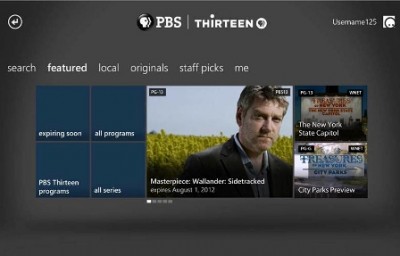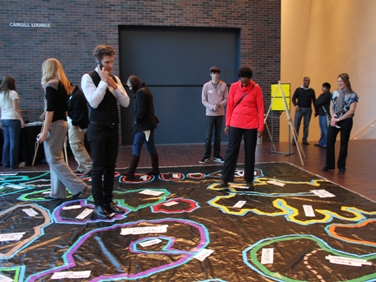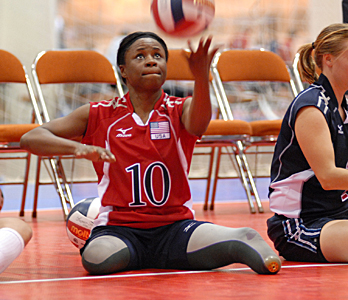Tag: Web/mobile content
Thinking inside the bubble: KCRW’s Sonic Trace explores roots of L.A. Latinos
Sonic Trace seeks to record stories from southern California’s Latino immigrant communities, documenting the many and varied paths they take to get ...Roku, Xbox pick up pubTV shows
PBS is jumping into the “over-the-top” video-streaming space with a pair of deals to distribute public TV programs through apps on Roku ...Use of crowdfunding site flags under APM
Spot.us, the crowdfunding website allowing journalists to raise funds for their reporting projects, has been hit by a sharp decline in usage ...Next Avenue, pubmedia site for seniors, sees “win-win” in partnership with RLTV
Next Avenue — the online magazine for Americans aged 50 years and older created by Twin Cities Public Television — is now ...More details on KCRW’s ‘exclusive’ arrangement with Spotify
When the popular Internet music-streaming service Spotify launches its improved Follow feature in early 2013, KCRW in Los Angeles will be the ...Stations share election coverage on ‘Battleground’
For the first major election since NPR Digital Services introduced digital publishing software designed to bolster stations’ online news operations, developers in ...WBEZ’s Curious City brings its inquisitive audience into the reporting action
From exploring underground tunnels to tracking the evolution of the Chicago accent, Curious City is an unconventional spin on community-based public media ...With young actors, Localore’s interactive Ed Zed Omega critiques education system
CPB’s American Graduate initiative has set its sights on targeting dropouts, but another project in public media, Ed Zed Omega, is zeroing ...KQED, science academy team up for e-learning project
With Earthquake, an e-book and companion iTunes U course, KQED and the California Academy of Sciences shook up a new approach to multimedia ...Pubcasting’s push into online news delivery has built-in limitations
SAN FRANCISCO, Calif. – At a forum of leading public media professionals, participants expressed mixed feelings about whether public media can, or ...ITVS prepares for beta tests of enhanced OVEE
An infusion of CPB funding is allowing the Independent Television Service to add more features to OVEE, the online engagement tool that ...Attracting eyeballs online requires smarter strategy
With their new website up, KPLU journalists scrutinized usage and found clues pointing to stories that work online.Podcast with limited radio airplay sets Kickstarter record
Roman Mars is a hard man to find on the radio. Only ten terrestrial stations regularly broadcast his Public Radio Exchange–distributed program 99% Invisible, ...WGBH taps into Olympic spirit with new online doc project
An online-only documentary project from WGBH is channeling the Olympic spirit toward a major sporting event that receives scant media coverage yet ...NPR builds up team of news-app developers
NPR is stepping up its efforts to innovate in digital news by expanding staff and hiring Brian Boyer, a programmer who created ...












